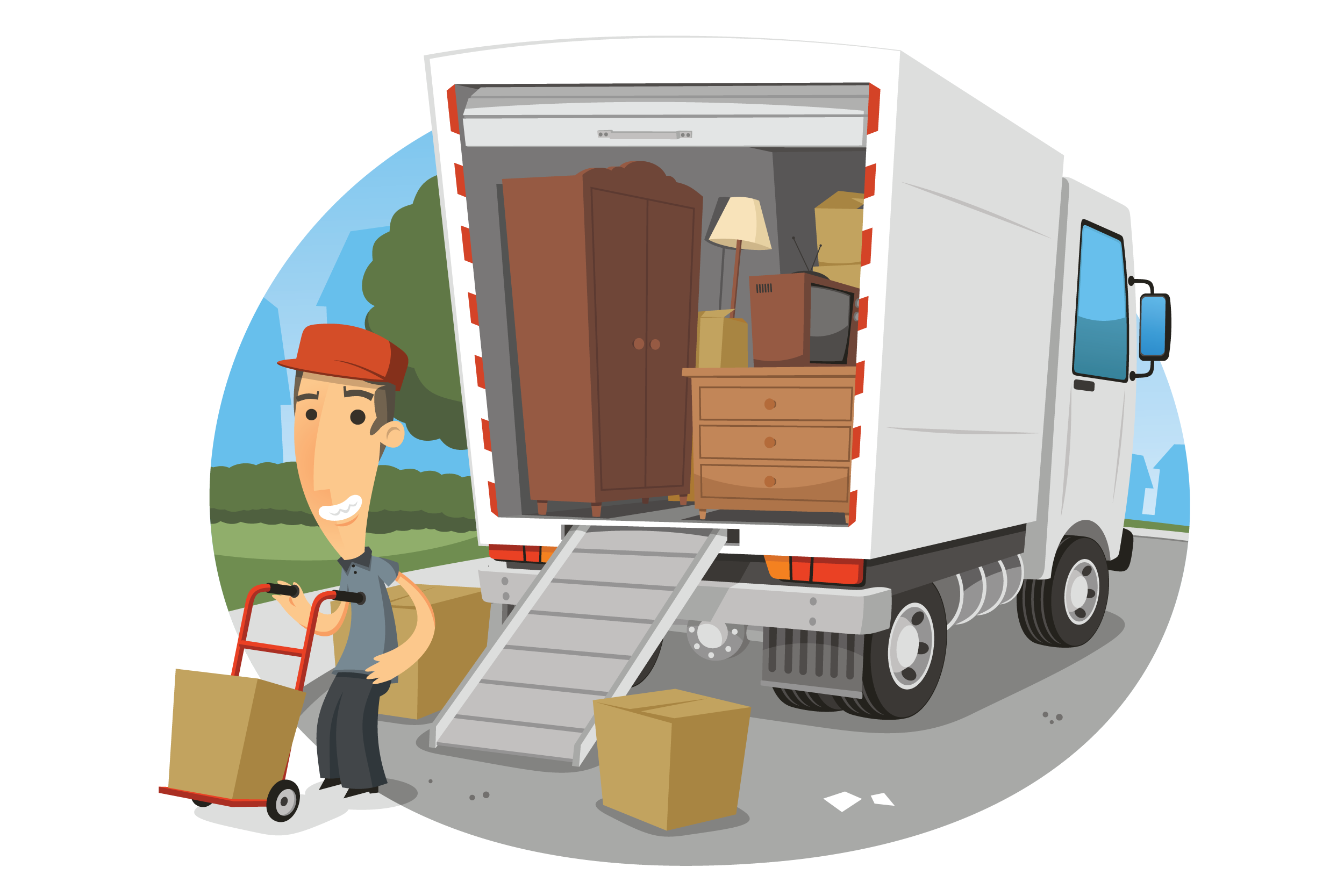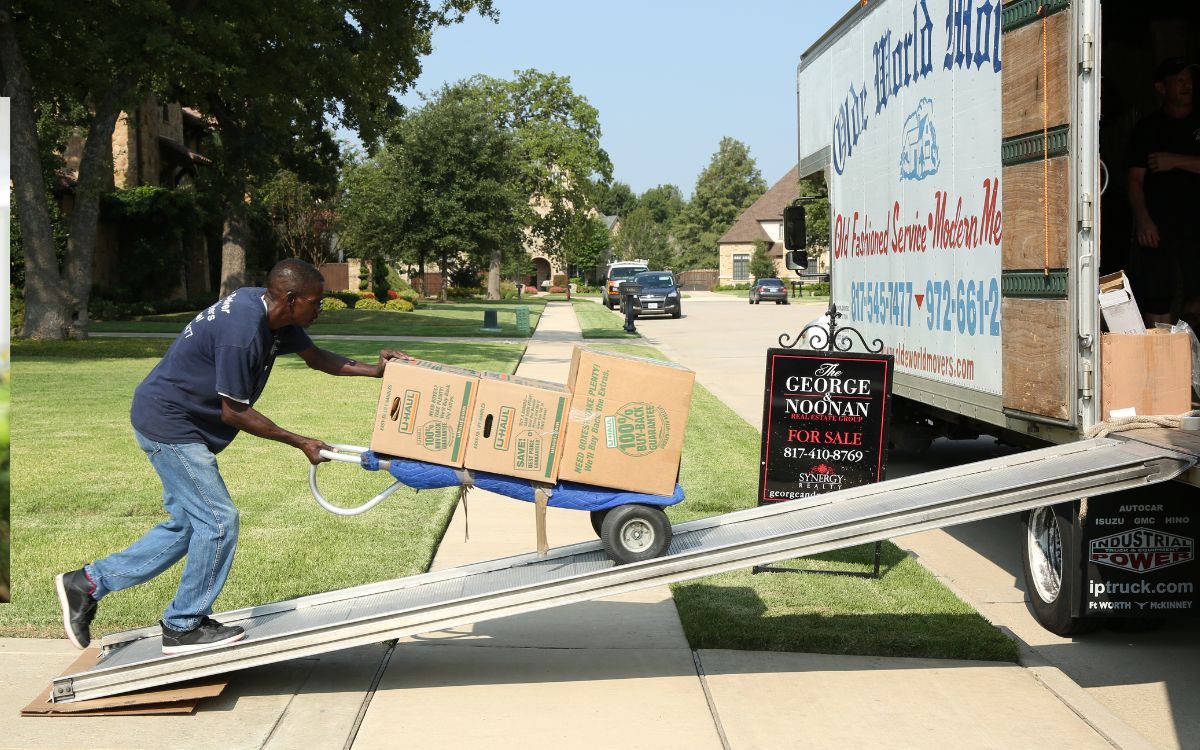A TV environment in the United Kingdom is going through a notable transformation, driven by the emergence of IPTV. With more viewers looking for adaptable and varied leisure choices, conventional television is making way for innovative digital services that offer instant content at the tap of a button. This change is not just a passing trend; it marks a fundamental change in how audiences consume media, and Internet Protocol Television is at the vanguard of this revolution.
Among the different participants in the market, platforms like PrimesHD IPTV are growing notable popularity, providing high-quality IPTV packages that cater to a broad range of viewers. As viewers grow more knowledgeable about the benefits of IPTV UK, including affordability, extensive content selections, and the ease of watching from various devices, it’s evident that this modern way of accessing TV is not going anywhere. The streaming shift is reshaping entertainment options, and Internet Protocol Television is leading the movement.
The Emergence of IPTV in the UK
In recent years, IPTV has witnessed significant advancement in the UK, transforming the way viewers access television content. As traditional cable subscriptions decline, more households are moving to affordable and flexible IPTV solutions. This shift is powered by the increasing demand for streaming services that offer a wide variety of channels and on-demand content, all without the limitations of long-term contracts.
PrimesHD IPTV UK has emerged as a preferred choice among users looking for premium IPTV options. With an vast library of live channels, movies, and series, it appeals to diverse viewing preferences. The ease of use and convenience across multiple gadgets have contributed to its increasing popularity, allowing subscribers to view their favorite shows anytime and wherever, further cementing IPTV’s position in the market.
Additionally, the competitive pricing of IPTV subscription services plays a crucial role in attracting new customers. With many providers providing economical packages, viewers can enjoy high-quality content without breaking the bank. As more people become knowledgeable of the benefits of IPTV UK, the streaming revolution keeps to gain momentum, transforming the entertainment landscape throughout the nation.
Benefits of Premium IPTV Subscriptions
One of the main benefits of premium IPTV subscriptions is the wide variety of programs and content available to subscribers. Users can access hundreds of networks, including popular sports channels, global transmissions, and popular entertainment channels. This diversity caters to various preferences, allowing users to access their favorite shows, films, and live programs all in one place. Unlike standard cable subscriptions, which often limit choices, premium IPTV offerings provide a more complete viewing option.
Another important advantage of premium IPTV is the flexibility it provides in terms of viewing possibilities. Most IPTV subscriptions come with features such as on-demand content, DVR capabilities, and the ability to stream on various devices. This allows users to view their favorite shows whenever and wherever they want, whether on a mobile device, tablet, or smart TV. This level of flexibility is ideal for today’s busy lifestyles, enabling users to tailor their viewing time to fit their schedules.
Additionally, paid IPTV services often provide higher quality video and audio experiences compared to traditional cable or satellite offerings. Many providers support high-definition and even 4K streaming, ensuring that every detail is sharp and immersive. This enhancement in quality can greatly improve the overall entertainment experience, making it more enjoyable for consumers. Premium IPTV is, thus, not just about quantity; it’s also about delivering a superior viewing experience that meets the demands of modern consumers.
Exploring PrimesHD’s IPTV Alternatives
PrimesHD IPTV provides a variety of plans tailored to address the different needs of viewers in the UK. Emphasizing offering high-quality programming, PrimesHD is notable with its vast library that includes popular channels, on-demand films, and shows. Users can select from different packages that allow access to local and international content, guaranteeing there’s something for every family member.
One of the primary benefits of PrimesHD’s IPTV is its easy-to-use interface, which enables exploration seamless for all types of viewers. The service is supported with a range of devices, including smart televisions, phones, and tablets, allowing subscribers enjoy their favorite shows and movies anytime and anywhere. This adaptability has made PrimesHD a favored choice among those who emphasize convenience in their entertainment experience.
Additionally, PrimesHD IPTV provides excellent customer support, making it simpler for customers to resolve any technical issues that may happen. This focus to service enhances the overall experience for viewers, comforting them that help is available if needed. Offering competitive rates and a dedication to quality content, PrimesHD’s IPTV emerges as a strong contender in the broadening IPTV market in the UK.









